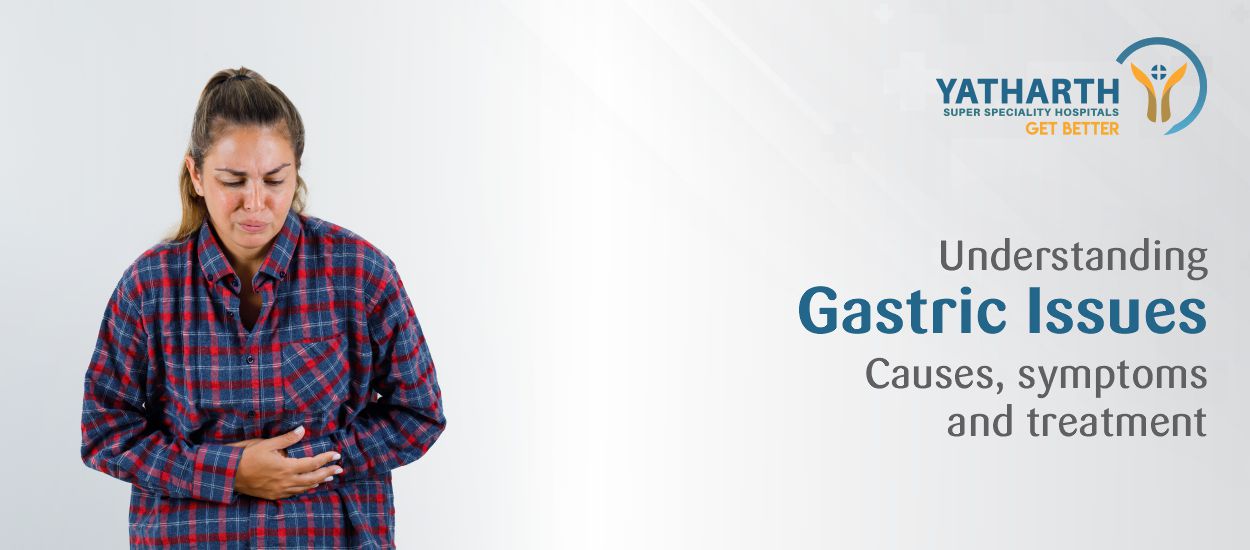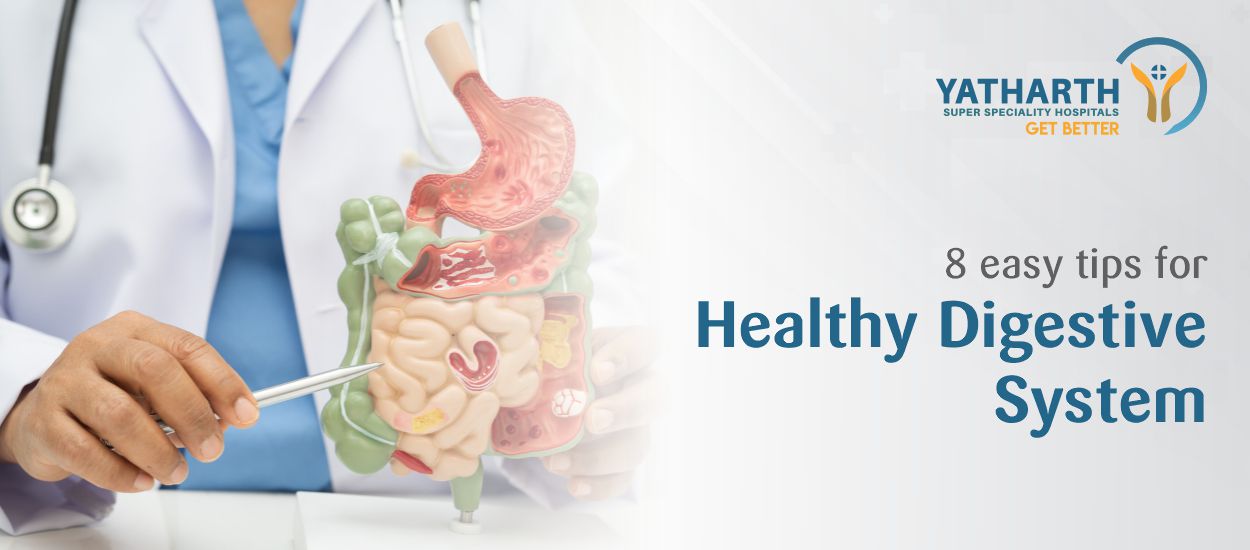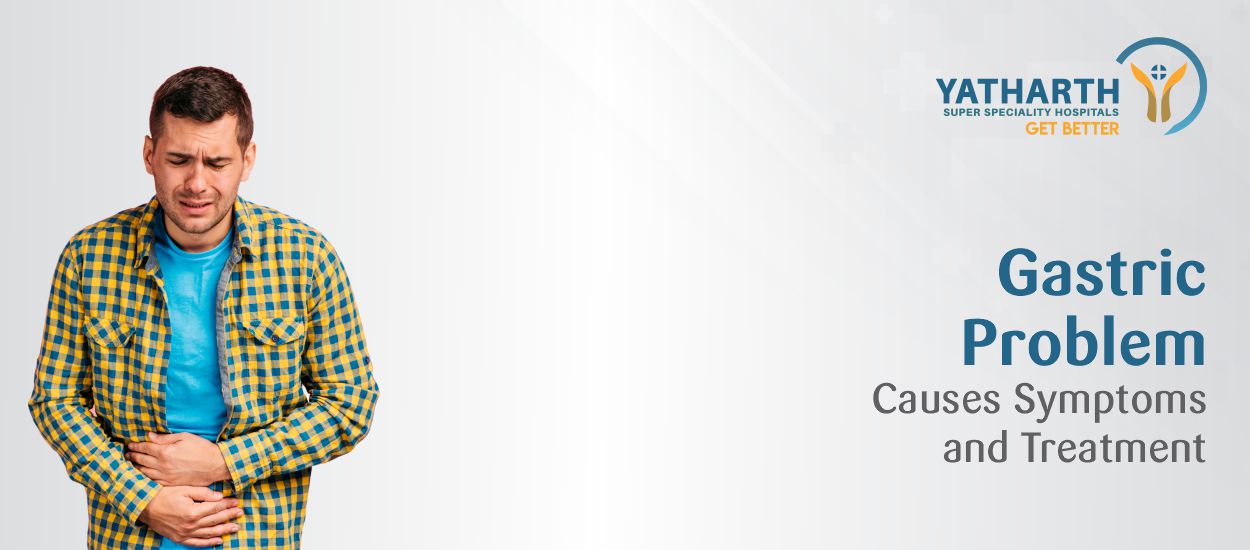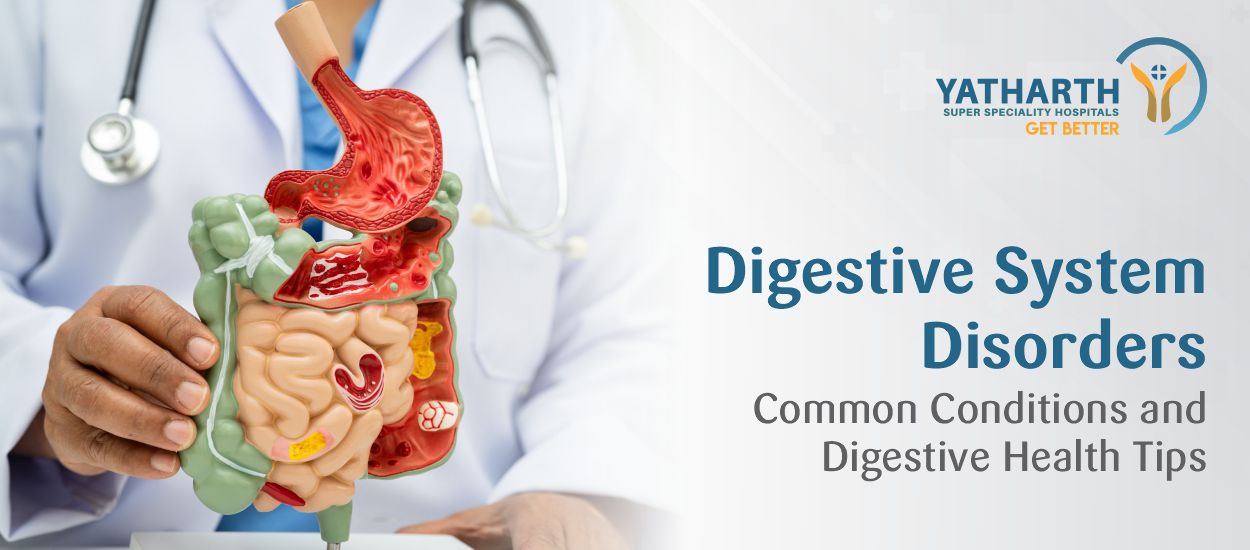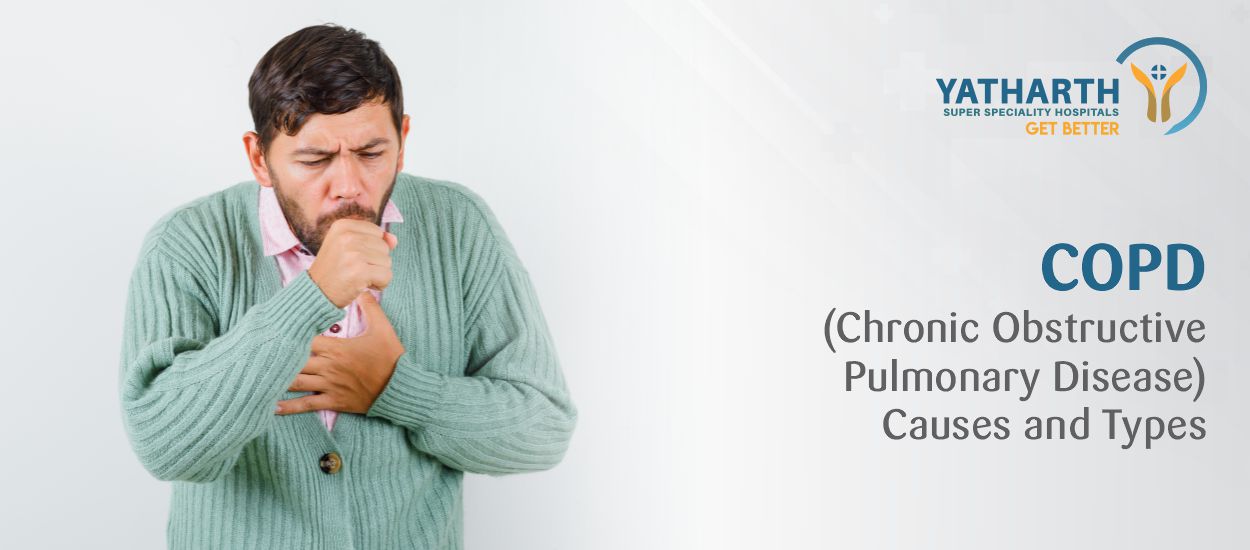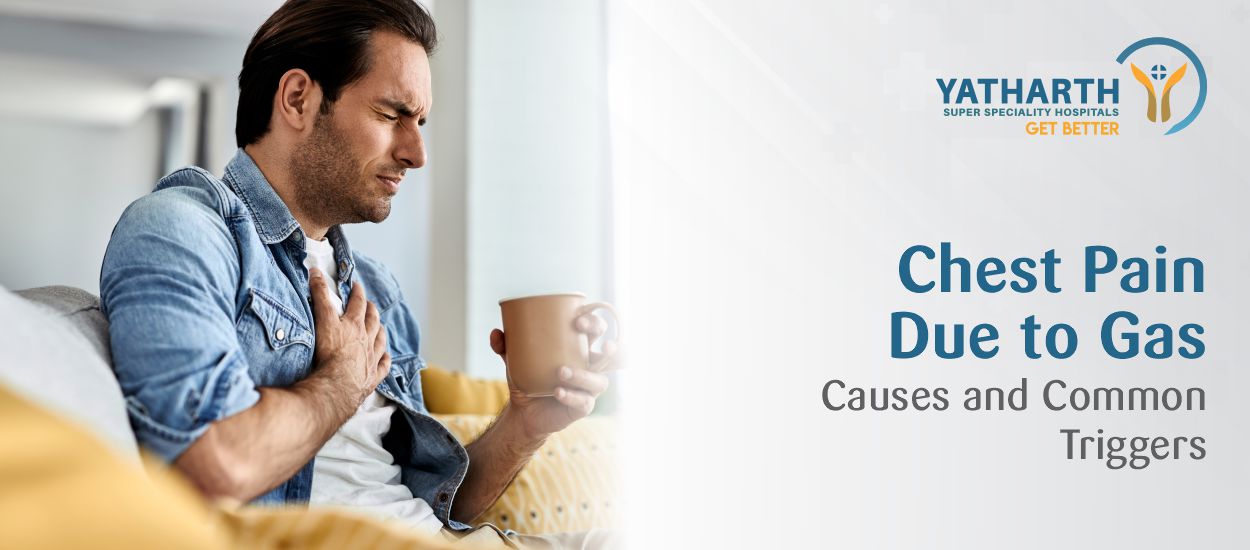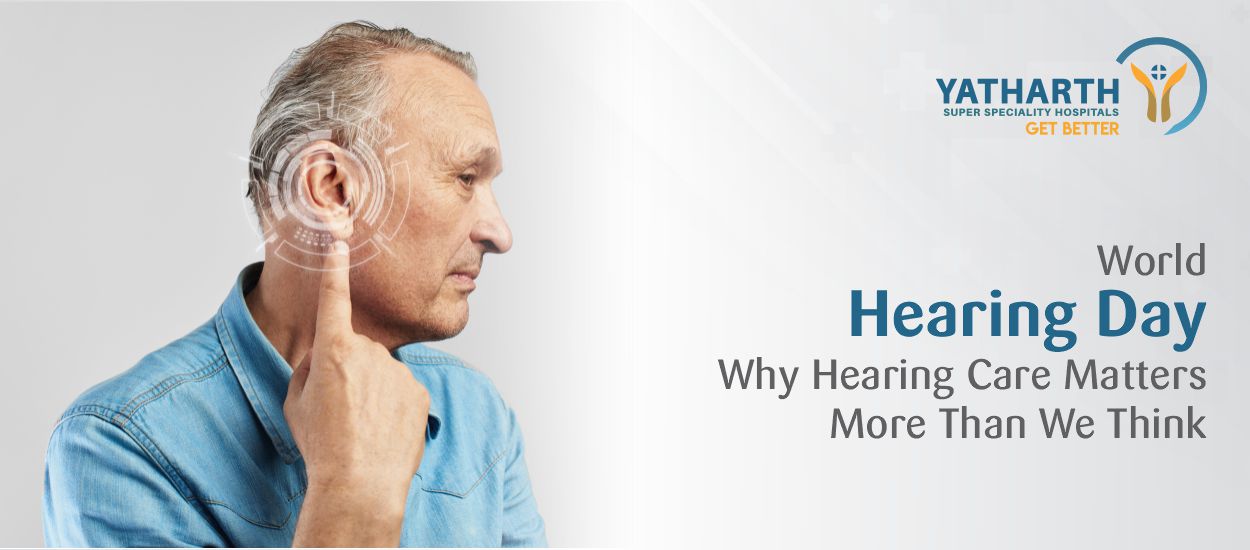Introduction: Mastering the Intricacies of Gastric Issues
Gastric problems, which include various digestive disorders, can have a substantial effect on one's daily functioning and overall health. For optimal digestive health, it is vital to comprehend the causes, symptoms, and efficacious treatments of gastric problems, which can range from mild discomfort to severe complications. The objective of this blog is to elucidate the complexities surrounding gastric issues by providing practical strategies for effectively managing and treating them and offering insights into their etiology.
Gaining A Comprehensive Understanding of Gastric Issues
Gastric issues can manifest due to a multitude of factors, encompassing dietary patterns, way of life decisions, preexisting medical conditions, and psychological strain. Gastritis and acid reflux can result from irritation of the stomach mucosa caused by unhealthy dietary patterns, such as burning spicy or fatty foods. Furthermore, gastric issues can be exacerbated by bacterial infections (e.g., H. pylori), adverse drug reactions, and gastrointestinal disorders.
The ability to identify symptoms of gastric problems is critical in order to facilitate prompt intervention. Abdominal discomfort or pain, bloating, nausea, vomiting, reflux, indigestion, and alterations in bowel movements are all potential symptoms. Continual or recurrent symptoms necessitate a medical assessment in order to ascertain the root cause and customize treatment accordingly.
Efficacious Treatment Strategies for Gastric Disorders: Gastric disorders are effectively treated by addressing their underlying cause and mitigating symptoms. The cornerstone of gastric health consists of incorporating lifestyle adjustments, including the adoption of a well-balanced diet, avoidance of trigger foods, implementation of stress management techniques, and maintenance of a healthy weight. On the basis of an individual's requirements, medical interventions such as proton pump inhibitors (proton pump inhibitors), antibiotics (antacids) for bacterial infections, and surgical procedures (in severe cases) may be suggested.
Enhancing Digestive Health: Practical Strategies and Advice
Dietary Guidelines for Gastric Health: Gastric health can be significantly improved by incorporating dietary modifications. Consume whole cereals, lean proteins, fruits, and vegetables, and prioritize a diet abundant in fiber; limit your intake of spicy, fatty, or acidic foods. Additionally, adequate hydration and small, frequent meals alleviate gastric discomfort and promote digestive comfort.
The management of stress and lifestyle factors is of utmost importance in ensuring gastric health. To alleviate tension, engage in relaxation techniques such as yoga, meditation, or deep breathing exercises. Nicotinetinetine, excessive alcohol intake, and dining late at night should be avoided, as they can worsen gastric symptoms.
It is advisable to seek professional guidance from a gastroenterologist any time persistent or severe gastric symptoms are present. An exhaustive assessment, comprising a review of the patient's medical history, a physical examination, and diagnostic examinations (e.g., endoscopy, imaging studies, stool analysis), can facilitate precise prognosis and individualized treatment strategizing.
Promoting Knowledge-Based Empowerment: Education Regarding Gastric Health
It is crucial to increase awareness regarding gastric issues in order to encourage proactive management and early detection. Healthcare providers, educational campaigns, and community initiatives all have significant contributions to the dissemination of knowledge regarding gastric health, the promotion of routine check-ups, and the debunking of misconceptions associated with digestive disorders. By cultivating an environment that promotes consciousness and agency, we can all collaborate in our pursuit of enhanced digestive health and an elevated standard of living.
In conclusion, making informed choices toward digestive wellness is crucial.
In summary, gaining knowledge about gastric concerns enables people to adopt preventative measures that promote digestive health. Through an in-depth exploration of the etiology, manifestations, and therapeutic alternatives pertaining to gastric issues, we lay the foundation for enhanced digestive health and overall wellness. Together, we should undertake an intellectual and moral expedition, advocating for and making nutritious decisions that prioritize gastric health as a means to attain a robust and gratifying existence.
